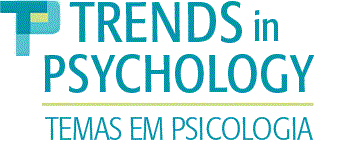Abstract
Authors have highlighted resilience as one of the factors that allows people living with HIV/AIDS (PLHA) to persist or adapt to the medical, psychological, and social implications related to seropositivity. The process by which people, through religion, try to deal with personal or situational requirements in their lives is called religious coping. This study aimed to investigate predictors of resilience among sociodemographic, medical-clinical and religious coping strategies (positive and negative). Participants of the study were 200 seropositive people (52.5% men) monitored in an HIV/AIDS outpatient clinic, who responded to the instruments: General sociodemographic and clinical-medical questionnaire; the Brief Religious Coping Scale and the Resilience Assessment Scale. Resilience was not associated with any of the sociodemographic and medical-clinical variables, however, it was significantly and positively correlated with positive religious coping and negatively correlated with negative religious coping. In the multiple regression analysis, both negative and positive religious coping were significant predictors of resilience, with higher scores in this variable resulting from more use of positive religious coping and less use of negative religious coping in the PLH sample of this study. The results indicate important effects that religious coping can have on the process of overcoming adversities related to the experience of seropositivity.
Keywords:
HIV/AIDS; resilience; religious coping
